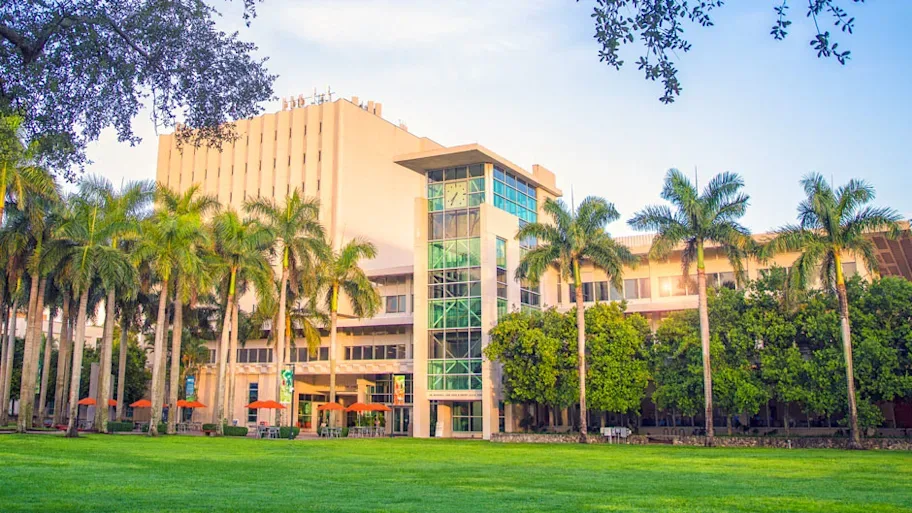
- Science news
- Frontiers news
- Frontiers institutional partnerships update – summer 2025
Frontiers institutional partnerships update – summer 2025

Foundations for fully open access partnerships
We end the quarter having made steady progress toward more transparent and scalable models for open access publishing. Flat fee agreements, where institutions centrally cover publishing costs, have become the predominant framework in our new and renewed partnerships. These agreements aim to streamline processes for researchers, reduce administrative complexities for libraries, and align with the broader goals of open and equitable access to knowledge.
At the same time, Frontiers has continued to invest in its technical frameworks to support open workflows, encompassing everything from metadata improvements to cutting-edge initiatives like FAIR² Data Management. This advanced service builds upon the traditional FAIR principles by introducing AI-readiness, ethical governance, and a structured, open specification. The goal is to ensure that research data is not only accessible and reusable but also validated and optimized for modern computational research.
Our credibility in these efforts is further solidified through our extensive collaborations. Frontiers is a member of key industry organizations, including ALPSP, COPE, and the STM Association, ensuring our adherence to the highest standards of academic publishing integrity and ethics. Our collaboration with leading indexing services and repositories such as PubMed, Scopus, Web of Science, DOAJ, and Google Scholar facilitates the broad discoverability and long-term preservation of published research. We also integrate with platforms like Altmetric for impact assessment, BioRxiv and MedRxiv for preprint submission, and use tools like iThenticate for plagiarism detection.
Our engagement with the library and academic community has also deepened through a series of events, fostering collaboration and knowledge exchange on these critical developments.
New partnership announcements
Over the past several months, we’ve established new agreements and expanded existing ones with a diverse group of institutional partners, reflecting a continued commitment to broadening open access.
Flat fee agreements
These partnerships support unlimited open access publishing for authors from participating institutions under a simplified, centrally funded model. We are deeply grateful for their trust in our shared mission and their dedication to open science. Notable new and expanded agreements include:
Bibsam Consortium, Sweden
Delft University of Technology (TU Delft), Netherlands
University of Miami, USA
University of Padua, Italy
University of Kansas, USA
Other models
These agreements are developed to support institutional publishing goals and make it easier for affiliated authors to publish open access. New partners under these models include:
Leibniz Institute DSMZ–German Collection of Microorganisms and Cell Cultures
Technical University of Applied Sciences Würzburg-Schweinfurt
These agreements are built collaboratively with libraries, consortia, and university administrations, and often include shared goals around monitoring usage, reducing barriers for authors, and supporting disciplinary equity in publishing.
Events news
Direct engagement with library and scholarly communications communities remains a core component of our work. Here are some highlights from recent conferences:
UKSG (Brighton, UK): Sessions focused on metadata, reporting, and the evolving roles of libraries in managing open access infrastructure. We provided updates on our integrations with institutional repositories and usage dashboards.
BiblioCon (Innsbruck, Austria): Discussions at our stand highlighted shared challenges related to multilingual publishing and regional representation. We also addressed workflows for tracking institutional affiliations and funding acknowledgments.
ALA Annual Conference (San Diego, US): We participated in discussions on how open access initiatives intersect with Diversity, Equity, and Inclusion (DEI) commitments in academic libraries. We also hosted informal roundtables on workflows for faculty engagement and publishing support.
LIBER (Lausanne, Switzerland): As a Lausanne-based publisher, Frontiers had the opportunity to sponsor the event and host some office sessions, demonstrating our core work, including peer review innovations and improvements to our librarian-facing analytics tools. It was a valuable opportunity to connect face-to-face with partners and experts.
Looking ahead
The remainder of 2025 will focus on improving transparency in usage data, refining our integrations with library systems, and exploring how AI tools can responsibly support editorial and peer review processes.
If you are exploring how flat fee agreements are being utilized in your region or are interested in collaborative approaches to funding open publishing, we are available to share relevant materials, case studies, or connect you with others undertaking similar initiatives.
We extend our sincere thanks to all who have shared feedback, participated in conversations, or contributed to shaping our institutional offerings this year.
Catch up on other news from Frontiers
Shaping the future: World Economic Forum and Frontiers reveal Top 10 Emerging Technologies for 2025
Could your institution partner with Frontiers?
Hundreds of institutions around the world are already partnering with Frontiers through these models. Institutional representatives can reach out to us at institutions@frontiersin.org or this form for more information.







